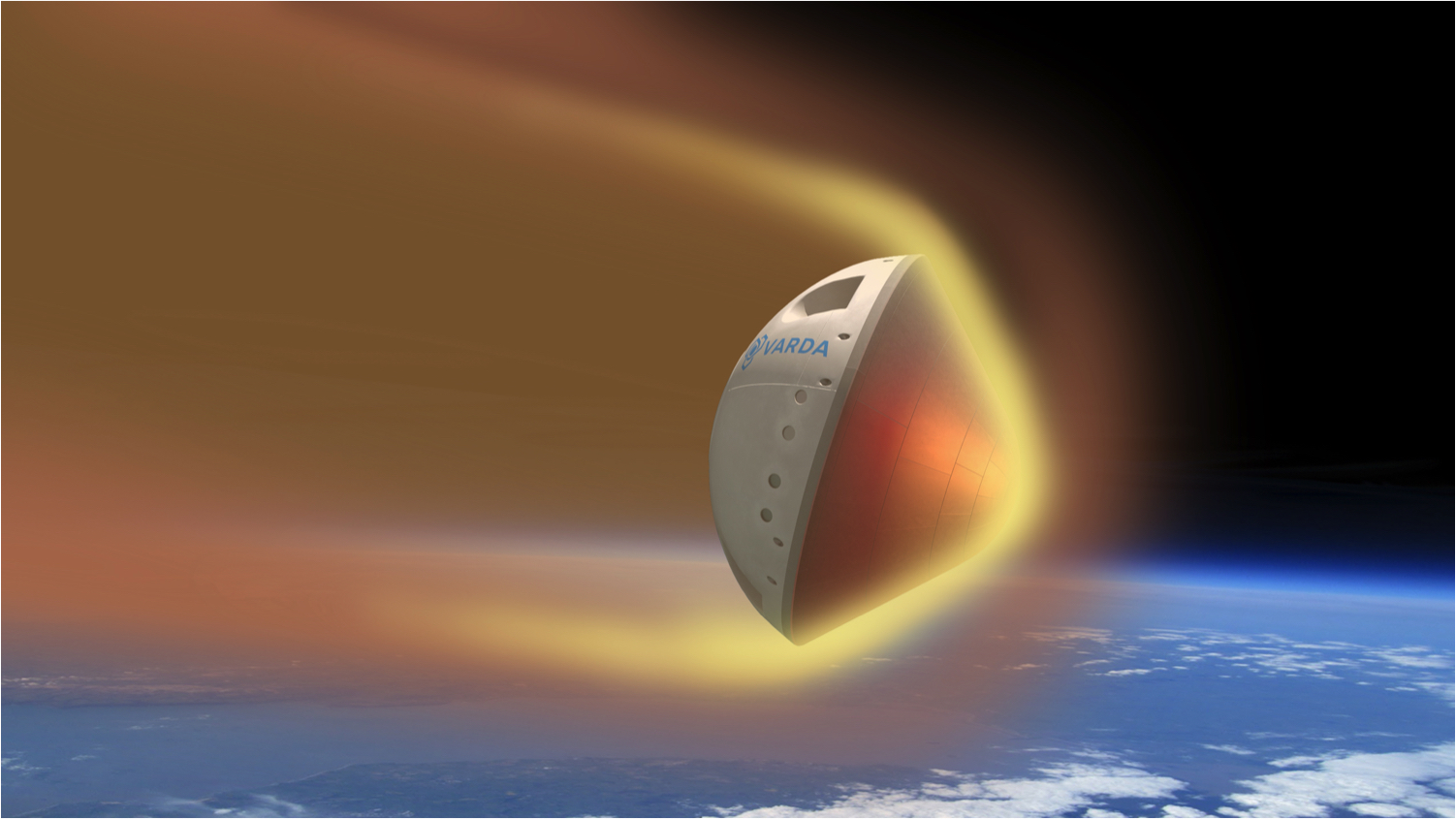
The FAA has made a new rule that any spacecraft that plans to reenter after launch must obtain its reentry license from the administration prior to launch. This was created out of safety concerns and experiences learned during granting Varda Space the first ever Part 450 reentry license.
More paperwork needed before launch
In a noticed published in the Federal Registry, the FAA announced it will now no longer approve launches whose payloads include a reentry spacecraft without a reentry license. A change that came out of learnings from previous Part 450 reentry license processes.
The FAA has the sole discretion to regulate the commercial spaceflight industry in the US, from human spaceflight all the way to spacecraft reentering the atmosphere. Unless the mission is being operated by the Department of Defense or NASA, companies have to go through them.
While this rule won’t affect many companies as there are only two companies that the FAA have given reentry licenses to: Varda Space and SpaceX. However, this market is expected to explode in popularity as cost to orbit becomes lower and investment moves to in space services.
So moving forward, any spacecraft that scheduled to launch will now have to get approved to reenter before its ride takes off. For rideshare missions, this could mean either one payload delays the entire launch or that payload would be removed and need to wait for the next available spot.
Join our Discord Server: Join the community with forums and chatrooms about space!
FAA directed change to Varda, as well as safety
The FAA noted the change was created out of concern for public safety as payloads intended to survive reentry… well, don’t burn up when they fall through the atmosphere. So in a case where the spacecraft enters an unplanned deorbit, it has a higher chance of causing damage to property or injuring/killing humans.
However, the FAA directed the change was also made after the debacle of Varda Space’s first mission last year. Kelvin Coleman, FAA Associate Administrator for commercial space transportation, said at Space Symposium, “We did allow them to launch on a SpaceX Falcon vehicle without a reentry license. There were some lessons that we learned from that.”
Last year Varda Space launched its W-1 payload on a SpaceX rideshare mission. Its goal was to demonstrate manufacturing of pharmaceutical crystals in space then return them. However, Varda faced delays in getting its Part 450 reentry license from the FAA and was even denied one while the spacecraft was in orbit.
The company eventually received the first ever Part 450 reentry license and Varda was finally able to deorbit and recover its capsule out at the Utah Test and Training Range.
While the change may add to more inconveniences to startups attempting to take advantage of new opportunities, this is most likely better than the small chance of one of these spacecrafts falling through a house, like an object from the ISS did a few weeks ago.
FTC: We use income earning auto affiliate links. More.



Comments